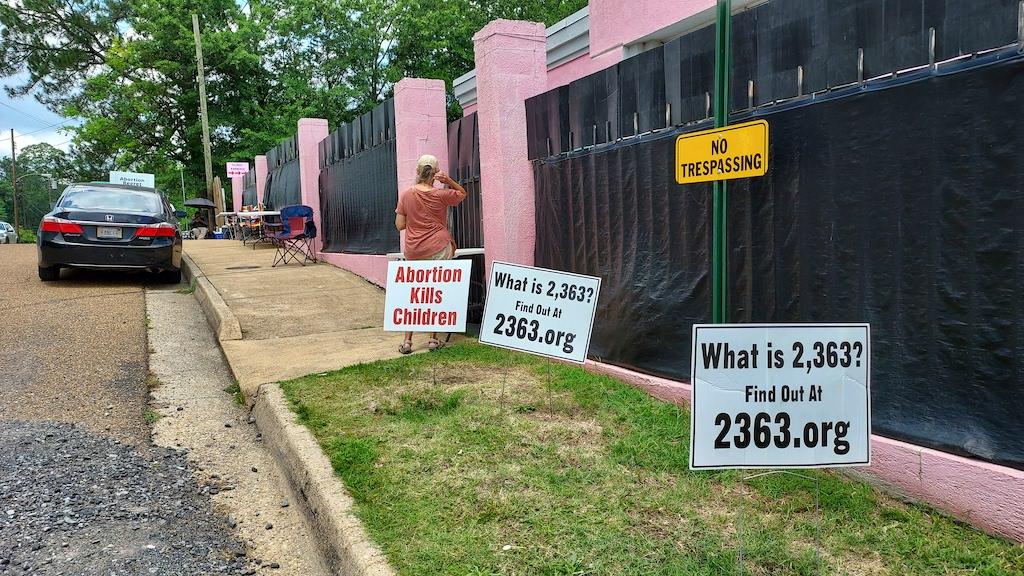In the state central to where Roe V. Wade’s upending began, Mississippi Attorney General Lynn Fitch enacted the state’s trigger law on June 27 that bans abortion 10 days after Fitch certified the U.S. Supreme Court’s ruling.
“Mississippi’s laws to promote life are solid and thanks to the Court’s clear and strong opinion in Dobbs v. Jackson Women’s Health Organization, they can now go into effect,” Fitch said in a press release. “As we have said throughout this case, Roe v. Wade presented a false choice between a woman’s future and her child’s life. As we proceed in this post-Roe world, the people of Mississippi and of all the states will be able to fully engage in the work of both empowering women and promoting life. I am grateful that the Court has given us this opportunity.”





